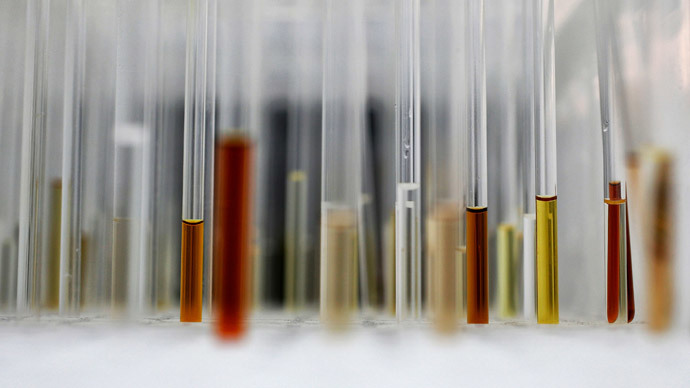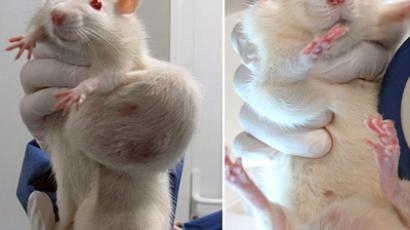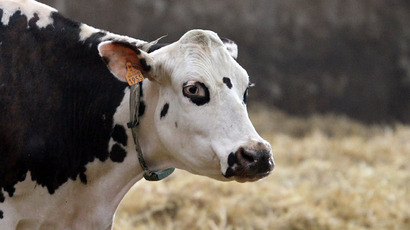Breakthrough: First chromosome designed from scratch

For the first time ever, scientists have constructed a complex chromosome from scratch, a breakthrough they hope will lead to further progress in the development of new medicine and biofuels.
According to the Guardian, the accomplishment is the result of seven years of work by international research teams in New York University and Edinburgh University. It was declared a success after the chromosome – originally found in brewer’s yeast – was transplanted into other yeast cells and continued to grow normally. Eventually, all the yeast cells ended up carrying the artificial chromosome.
"They behave almost identically to wild yeast cells, only they now possess new capabilities and can do things that wild yeast cannot," wrote NYU project leader Jef Boeke in the journal Science.
While synthetic chromosomes have been built for bacteria viruses in the past, this development marks the first time that scientists have been able to design one that falls into the same category as humans. Both human and yeast cells hold their chromosomes in a nucleus, while bacterial and viral cells are less complicated and do not store their chromosomes into any sort of structure.
According to USA Today, researchers altered about 15 percent of the chromosome’s original composition, taking out parts that were deemed redundant and replacing others with new DNA. This allowed the team to create new strains of yeast, which could potentially be used to fast-track the development of more efficient biofuels, new medicine like malaria vaccines, or even make for tastier beer.
Such capabilities also allow scientists to study what kind of strains grow more quickly or develop new attributes.
"That's where the real power of synthetic biology is going to come in," Boeke told USA Today. "It's evolution on hyperspeed."
“With this technology, we can re-engineer and customise organisms,” added team member Yizhi Cai said to the Guardian. “We could make much sleeker genomes for organisms that would be useful for making biofuels and other industrial applications.”
These possibilities have also sparked concern among those who believe synthetic organisms could potentially cause a great deal of damage to the environment or to human health if they were ever to break free from a laboratory setting. Cai acknowledged that scientists would have to take precautions to ensure negative consequences do not unfold going forward.














